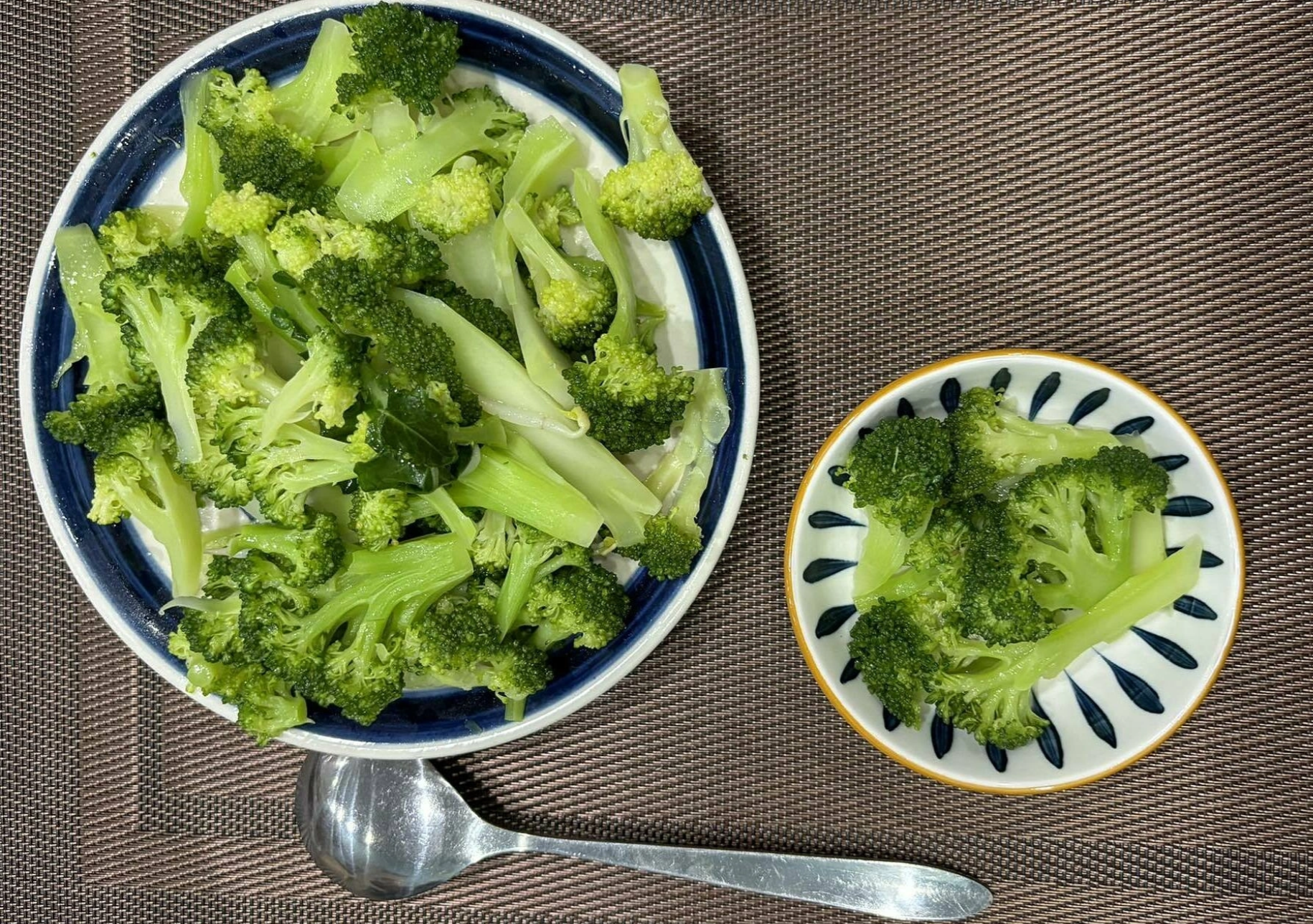Fatty liver disease is no longer solely associated with alcohol consumption or obesity. It's increasingly common even among those who don't drink excessively or overeat. The hidden culprit lies in daily dietary habits—foods that overload the liver while lacking essential nutrients.
However, fatty liver can be reversed. With the right dietary changes, the liver can begin to repair itself in just about 90 days.
Here are six small daily adjustments that can improve liver health in three months:
Review your sugar intake, even the "healthy" kind.
Sugar, especially fructose, is stored directly as fat in the liver, even in thin individuals. Packaged juices, flavored yogurts, energy bars, and "healthy" syrups all contribute to this accumulation.
Reducing fruit juice, processed snacks, diet sodas, and condiments with hidden sugars can significantly lessen the burden on the liver. Whole fruits with fiber are a much better choice.
Make fiber a daily habit.
Fiber not only aids digestion but also improves insulin sensitivity, reduces inflammation, and helps eliminate excess hormones, all crucial for reversing fatty liver.
Ground flaxseed, chia seeds, chickpeas, lentils, and cruciferous vegetables like broccoli are not only good for the gut but also protect the liver.
 |
Cruciferous vegetables like broccoli are not only good for the gut but also protect the liver. Photo: Anh Chi |
Cruciferous vegetables like broccoli are not only good for the gut but also protect the liver. Photo: Anh Chi
Balance fats with omega-3s.
Not all fats are harmful. Omega-3s act as anti-inflammatories, reducing fat accumulation in the liver.
Fatty fish, flaxseed oil, and walnuts are ideal sources of omega-3s. Limiting excessive omega-6 intake from refined and processed oils further enhances liver protection.
Harness the power of plant-based polyphenols.
Polyphenols in foods like berries, extra virgin olive oil, matcha, pomegranates, and turmeric (with black pepper) help reduce oxidative stress within the liver and improve insulin resistance.
These plant compounds act as natural medicines, supporting more effective liver detoxification.
Respect your liver's biological clock.
The liver regenerates best when not digesting food. Late-night snacking disrupts this recovery process, leading to greater fat storage.
Finishing meals at least 2-3 hours before bed allows the liver to focus on burning stored fat rather than processing calories.
Limit ultra-processed foods.
Many believe that low-fat or "diet" packaged foods are safe. In reality, they often contain refined starches, trans fats, and additives that silently harm the liver.
Replacing packaged snacks with whole grains, roasted nuts, boiled chickpeas, or fresh fruit provides the liver with real nutrients instead of chemicals to filter.
My Y (Times of India)












